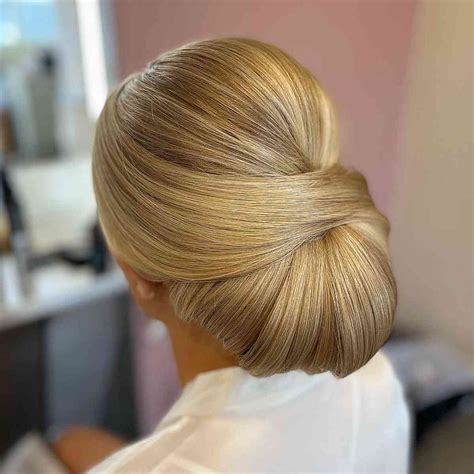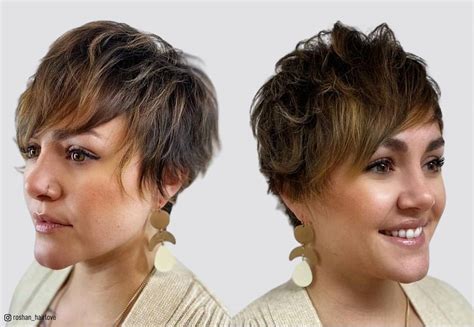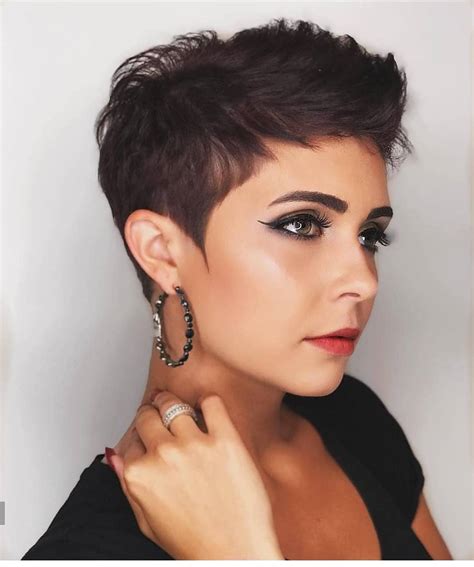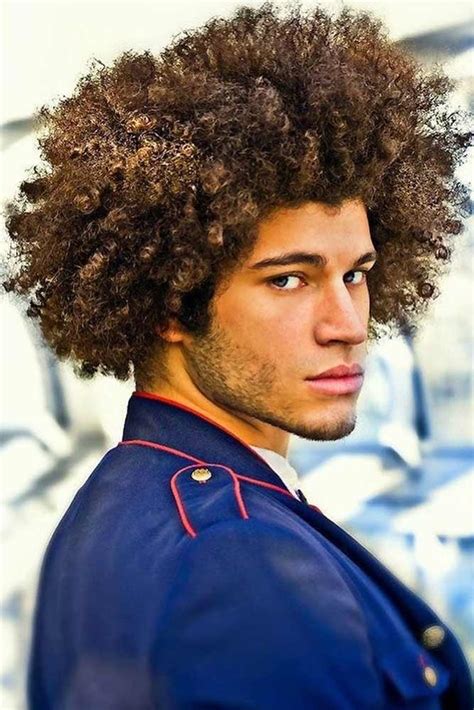Achieve healthier, shinier hair with cold water. Learn the benefits, differences from hot water, and how to incorporate it into your hair care routine. FAQs included.
Effect of Cold Water on Hair
Contents
Cold water can have a significant effect on the health and appearance of your hair. When you rinse your hair with cold water, it helps to seal the hair cuticles, reducing frizz and making your hair look shinier and smoother. The cold water also helps to prevent moisture loss, keeping your locks hydrated and healthy. Additionally, cold water can stimulate the scalp and improve blood circulation, which can promote hair growth.
Another effect of cold water on hair is that it can help to preserve the natural oils produced by the scalp. Hot water can strip the scalp of these oils, leading to dryness and potential damage to the hair. Cold water, on the other hand, can help to maintain the natural oils, keeping your hair nourished and less prone to breakage.
Using cold water on your hair can also help to improve its overall strength and resilience. The cold temperature can cause the hair shaft to constrict, which can make the strands less susceptible to damage and breakage. This can be particularly beneficial for those with fragile or brittle hair, as it can help to prevent further damage and improve the overall health of the hair.
Incorporating cold water into your hair care routine can also help to improve its manageability. Cold water can help to smooth the hair cuticles, making it easier to detangle and style your hair. This can lead to a smoother and more manageable mane, reducing the amount of time and effort required for styling and maintenance.
In conclusion, the effect of cold water on hair can be overwhelmingly positive. From enhancing shine and reducing frizz to preserving natural oils and improving overall hair health, there are numerous benefits to incorporating cold water into your hair care routine.
Benefits of Using Cold Water
Benefits of Using Cold Water
Benefits of Using Cold Water
Using cold water on your hair can have numerous benefits that contribute to its overall health and appearance. One of the main advantages of using cold water is that it helps to seal the hair cuticles, which can make the hair appear smoother and shinier. When the cuticles are sealed, it also helps to prevent moisture loss and reduce frizz, making your hair more manageable and easier to style.
Additionally, cold water can help to promote scalp health by increasing blood circulation. This can help to stimulate hair growth and improve the overall condition of your scalp. Cold water can also help to soothe the scalp and reduce inflammation, making it particularly beneficial for those with sensitive or irritated scalps.
Another benefit of using cold water is that it can help to preserve the natural oils in your hair. Hot water can strip the hair of its natural oils, leaving it dry and prone to damage. Cold water, on the other hand, can help to maintain the natural oils, keeping your hair looking and feeling healthy.
Finally, using cold water can also help to enhance the effects of your hair care products. Cold water can help to close the hair cuticles, which can help your hair to better absorb the nutrients from your conditioner and other styling products.
Cold Water vs. Hot Water for Hair
When it comes to hair care, the temperature of the water you use can make a big difference. Many people wonder whether they should use cold water or hot water when washing their hair. The truth is that both cold water and hot water have their own benefits and drawbacks.
Using hot water to wash your hair can help to open up the hair follicles, which makes it easier to remove dirt and oil from the scalp. However, hot water can also strip the hair of its natural oils, leading to dry and brittle strands. On the other hand, using cold water can help to seal the hair cuticles, which can make the hair look shinier and smoother. Cold water can also help to prevent frizz and keep the hair looking healthier.
It’s important to consider your hair type and individual preferences when deciding whether to use cold water or hot water. If you have oily hair, using hot water to wash your hair can be beneficial in removing excess oil. However, if you have dry or damaged hair, using cold water can help to maintain moisture and prevent further damage.
One common practice is to use a combination of both cold and hot water when washing the hair. Starting with hot water to open up the hair follicles and remove dirt, and finishing with a cold water rinse to seal the cuticles and add shine. This method can provide the benefits of both temperatures without causing excessive damage to the hair.
How to Incorporate Cold Water in Hair Routine
When it comes to hair care, the temperature of the water you use can make a significant difference in the health and appearance of your hair. Incorporating cold water into your hair routine can provide a multitude of benefits, from increasing shine to reducing frizz and preventing damage. Here are some easy and effective ways to incorporate cold water into your hair care routine.
One of the simplest ways to incorporate cold water into your hair routine is by using it as a final rinse after washing your hair. After shampooing and conditioning, turn the temperature down to cold and rinse your hair thoroughly. The cold water will help to seal the hair cuticle, resulting in smoother and shinier strands.
Another way to incorporate cold water into your hair routine is by using it for hair styling. After blow-drying or styling your hair with hot tools, use a blast of cold water to set your style. This will help to lock in the shape and reduce the risk of heat damage.
In addition to using cold water directly on the hair, you can also incorporate it into your overall shower routine. Taking a cold shower or ending your shower with a blast of cold water can stimulate the scalp and promote healthy hair growth. It can also help to close the pores on the scalp, reducing the risk of oil and debris buildup.
For those who are concerned about the discomfort of using cold water, especially during the colder months, there are alternative methods to reap the benefits. One option is to use a cold water rinse after washing your hair, followed by a quick blast of warm air from the hairdryer to provide some warmth without compromising the benefits of the cold water.
FAQs about Cold Water and Hair Care
Many people are curious about the effects of cold water on hair, so here are answers to some common questions:
1. Does cold water really make a difference in hair care? Yes, using cold water can help seal the hair cuticle, making it appear smoother and shinier. It also helps to prevent moisture loss and heat damage, resulting in healthier hair.
2. How often should I use cold water on my hair? You can incorporate cold water into your hair care routine as frequently as you like. Some people choose to use cold water for their final rinse after shampooing, while others prefer to use it only on occasion for a refreshing boost to their hair.
3. Can cold water help with scalp health? Yes, using cold water on your scalp can help to reduce inflammation and promote blood circulation, which may contribute to a healthier scalp and hair growth.
4. Are there any downsides to using cold water on hair? While cold water can have numerous benefits for hair, some people may find it uncomfortable to use, especially during colder months. Additionally, using cold water may not be as effective for cleansing the hair as warm water, so it’s important to find a balance that works for you.












